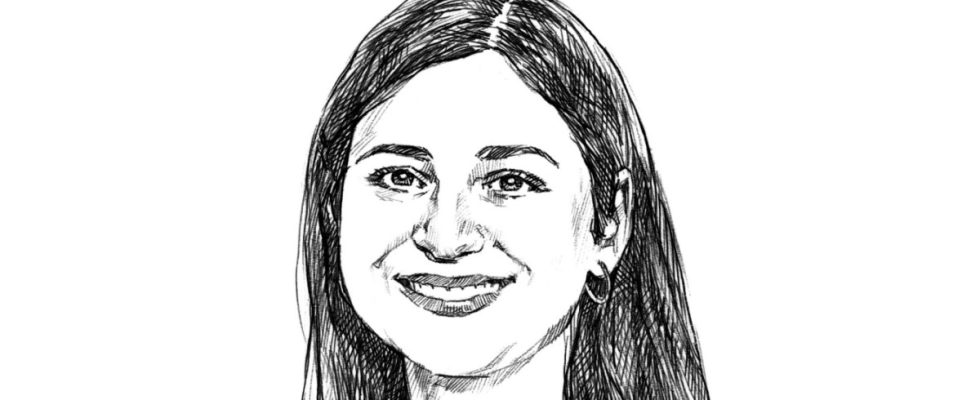If you want to understand what Ukrainians feel, including my compatriots in Bavaria and all of Germany, I recommend the book “How the War Changes Us.” A friend recommended it to me. While reading, I quickly sensed that the author comes from Ukraine and that our emotional worlds are almost identical. The war against my country truly changed me forever. The trauma of Russia’s attack on Ukraine will impact the lives of those who remained as much as those who fled. Possibly for generations. No matter what you do, the feeling remains that our country is suffering – and I suffer with it.
The author who wrote this touching book is called Olha Volynska. She is a journalist, writer and human rights activist from Dnipro, Ukraine. I read the book in German. It was published by Klingenberg to describe to the people in this country where we have found refuge how we are doing.
Olha Volynska uses interviews to tell the stories of Ukrainians talking about Russia’s war crimes. Each of these texts reflects the experiences of millions of Ukrainians who experience tragedies every day, says Volynska. It is impossible to distance yourself from this pain, because experiencing it and empathizing are what make us human. She wants these stories to continue to be told to spread the word about Russia’s war crimes against civil society in Ukraine.
The Ukrainians who speak in the book have very different fates. There are those who were lucky and were able to save lives or bring their loved ones to safety. And there are those who mourn their loved ones like the journalist Hanna Prokopenko, granddaughter of the writer Natalia Charakos, who died during the bombing of Mariupol. Or Maryna Pitschkur, the mother of a murdered 13-year-old boy from Kiev. An acquaintance of mine, Oleksandra Matwijtschuk, also appears in the book. She documents Russian war crimes as far back as the annexation of Crimea in 2014 and says: “You don’t have to be Ukrainian to support Ukraine. It’s enough to be human.” There are a total of twelve stories that Olha Volynska has collected. And none, really none, doesn’t touch you.
The author is not just interested in describing people’s pain. Nevertheless, she wants to emphasize that this war is about values, that people have the choice to defend democracy and freedom. Volynska hopes that her book will motivate German-speaking readers to continue supporting Ukraine.
I can really recommend the book and am sure that it will help us understand ourselves better. It explains why we are often unable to simply smile, be happy and enjoy life. This also applies to my compatriots who now live in relative safety abroad, and it creates understanding for our children, who often find it difficult to settle in a new country given their parents’ experiences.
Emiliia Dieniezhna, 35, fled from Kiev with her then four-year-old daughter Ewa Pullach near Munich. She works on a voluntary basis for the non-governmental organization NAKO, whose goal is to fight corruption in Ukraine. She also teaches German to Ukrainian refugee children. She writes a weekly column for the SZ about her view of events in her home country from Munich.

